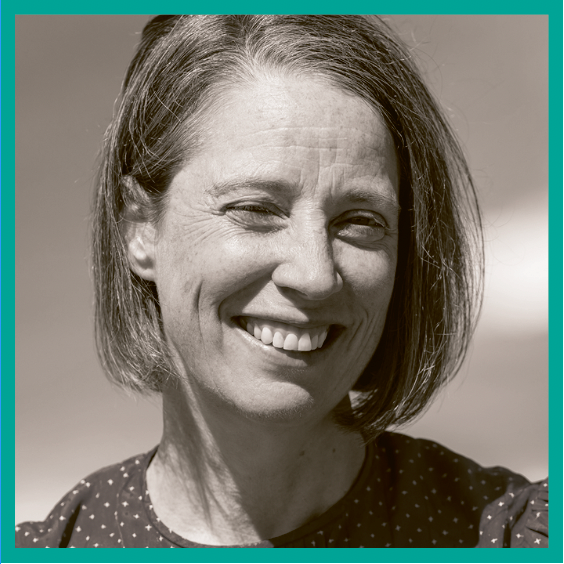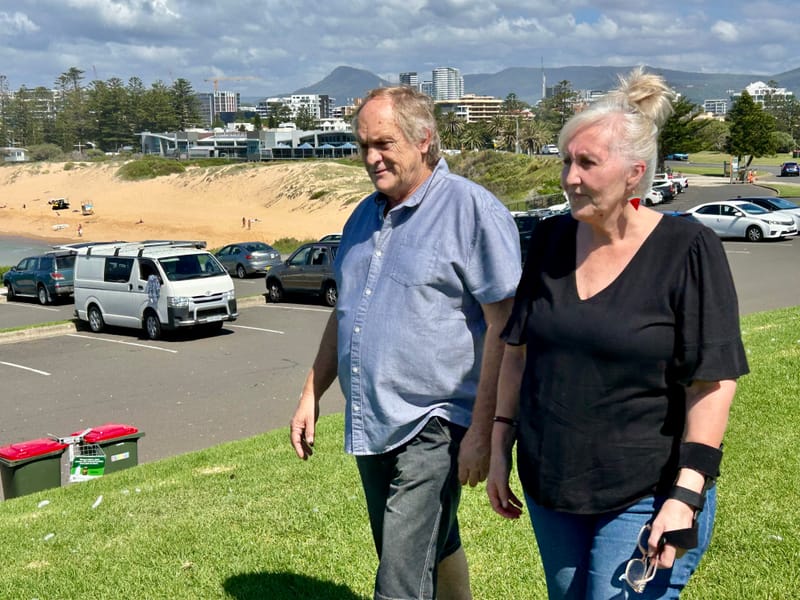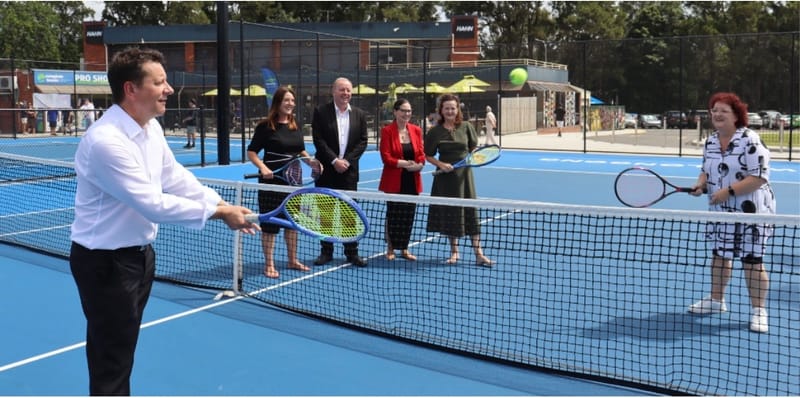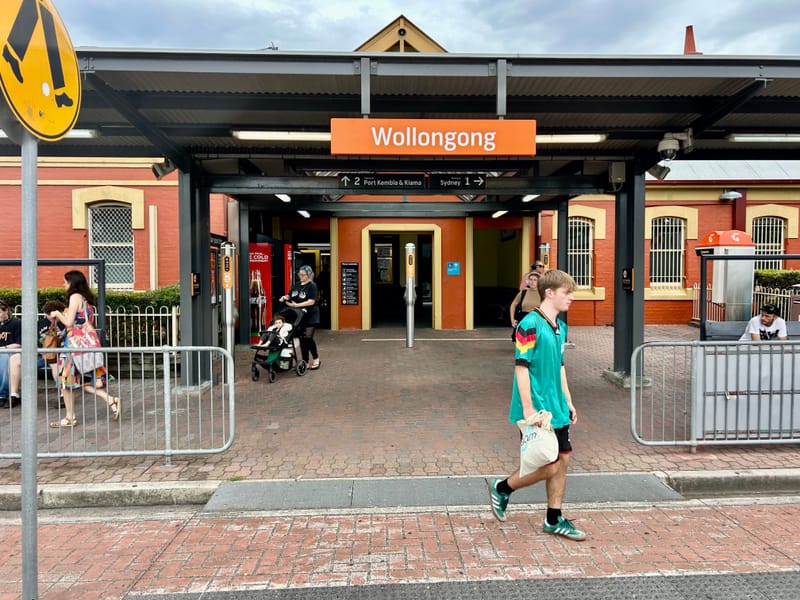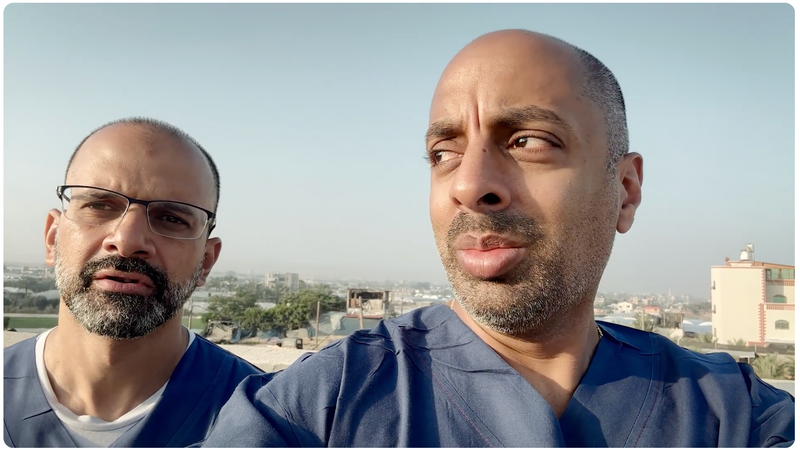How a Refugee Week writing competition fosters belonging in Wollongong
Cash prizes of up to $150 are on offer in the 2024 Refugee Week Creative Expressions Competition but for many entrants the chance to share their story is the real reward. “We want people to be able to express themselves – that’s the main...
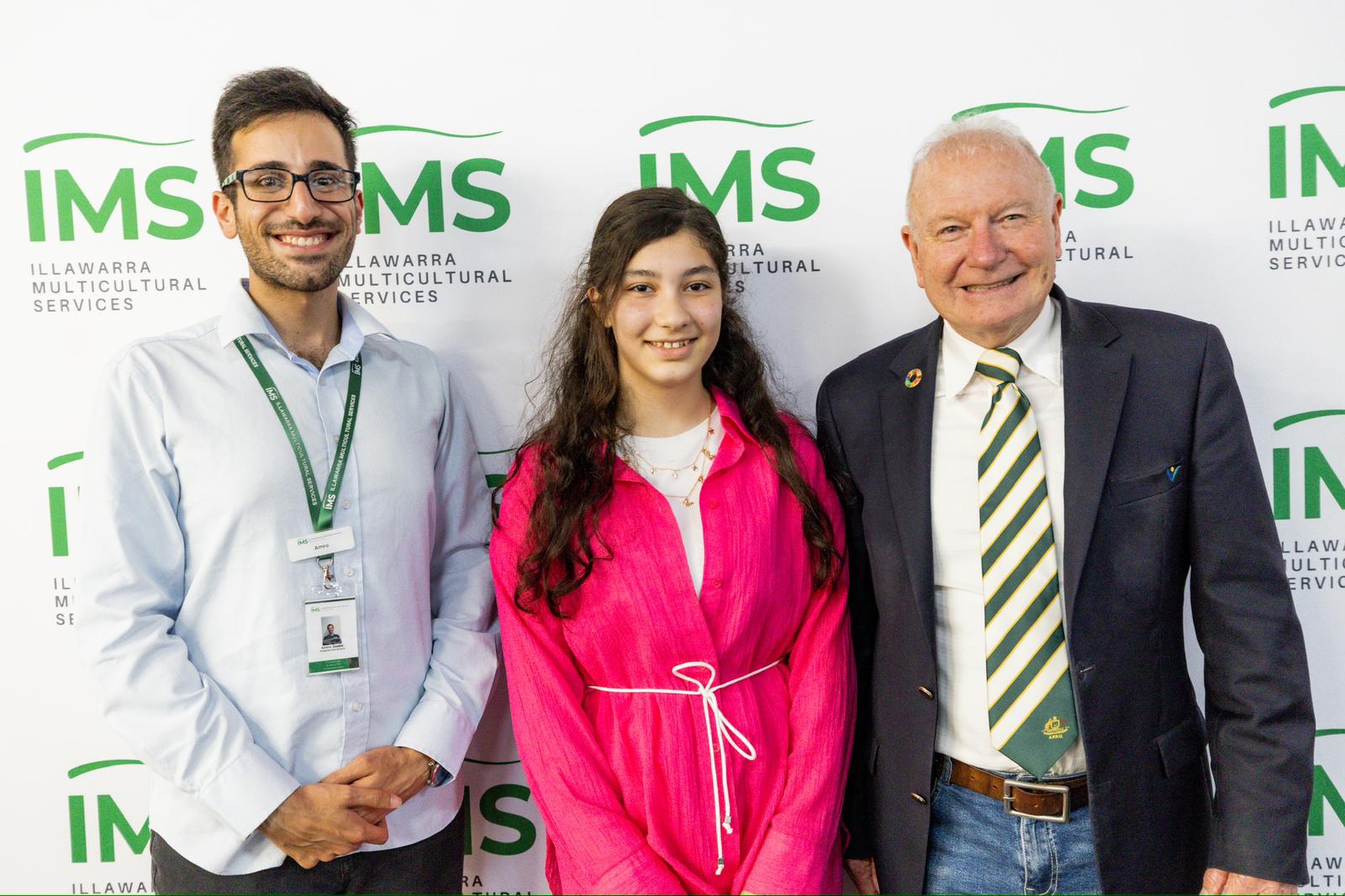
Cash prizes of up to $150 are on offer in the 2024 Refugee Week Creative Expressions Competition, but for many entrants, the chance to share their story is the true reward.
“We want people to be able to express themselves – that’s the main reason why we run the writing competition,” says Amro Zoabe, projects manager at Illawarra Multicultural Services (IMS), which organises the annual event in partnership with the South Coast Writers Centre.
“We want people to be able to say what they think, to not fear that they would be persecuted for what they say, because many of our clients come from countries where there’s no freedom of speech.
“So it’s common for them to be scared, to be reserved … we want to change that. We want to empower them to be able to speak their mind, to tell their story and also to learn English better as well.”
Finding housing and jobs are two of the biggest challenges that local refugees face, Amro says, and speaking English is the key to success in both. Learning English helps people fill out forms, cope with baffling new bureaucracy, earn a living, make friends and put down roots in their new home.
Amro knows all this first-hand.
“I was born in Syria in 2000 and I lived there until I was 13. So in 2011, when I was 11 years old, the Syrian Revolution started. As you might be aware, it escalated quickly into like a civil war. So it became unsafe. We tried to stay in our home. We tried to stay in our city, we tried to stay in our country, but eventually we had to leave.”
In 2013, when Amro was 13, his family left Syria for Jordan, where they lived for three years.
“Jordan was safe, like physically safe, but we were living in very poor conditions. For example, we weren’t allowed to work. Also, there was no charities, no support, no nothing…
“So we had to work illegally, of course.
“I worked at a make-up store for three years, as a make-up salesman.”
For Amro and his brother, life was harder as their mum and dad were older parents, practically pensioners. “After the war as well, their health really took a turn for the worse. So when we were in Jordan, they couldn’t work. They were like really reliant on my brother and I.
“So my brother and I would work sometimes 60 hours a week.
“I didn’t want to stop going to school … so I would work eight hours after school. But I couldn’t work more and we needed more money to actually pay the rent and pay for the food.”
Between 2013 and 2016, the situation in Syria deteriorated, so there was no chance of returning. Amro worried about his future, with sick and ageing parents and no prospect of being able to pay for university.
“One semester would be equivalent of my annual income.
“Luckily, my uncle was living in Australia and we applied to come to Australia as refugees. He was like a sponsor.”
In 2016, when Amro was 16, the family moved to Australia. He did an intensive English course, went to Keira High School and is now in his sixth year of studying at the University of Wollongong. “I’ve been doing a double degree, so electrical engineering and business analytics.”
And all the while, Amro has been working. He started in entry-level jobs as a kitchen hand and a waiter but thanks to his fluency in English and Arabic, he found work as a research assistant, a mental health support worker and, for the past four years, as a social services worker at IMS. He has now risen to become the project coordinator.
“I genuinely love my job,” he says.
IMS is government funded, with 12 full-time staff, but volunteers are also essential to meet the needs of Wollongong’s multicultural communities.
“We need volunteers for our English conversation classes, we need volunteers for the writing competitions, for the events – we’re always happy to receive any help from the community. We are happy to receive ideas as well. We really welcome that.”
Founded to support the Illawarra’s culturally and linguistically diverse (CALD) population in 1980, IMS tries to implement English education into all its activities, from sporting events to women’s groups to citizenship classes. “The faster people learn it, the easier they can integrate into the community, find jobs and find fulfilment as well,” Amro says.
Last week, IMS launched its fifth Refugee Week Creative Expressions Competition, again with the help of the South Coast Writers Centre.
“They provide us with around 10 volunteers every six months for the writing competition. Experienced writers, 10 people who are comfortable running classes and who are comfortable judging the entries as well. So that is fantastic. We couldn’t do it without them,” Amro says.
The first Refugee Week writing competition ran in 2020 with about 20 entries. Last year, it attracted more than 200.
Entries may be a short story, a poem or a monologue. “We do a lot of acrostic poems,” Amro says.
“There’s a lot of learning how to communicate their story, which is not easy at all, but it’s really, really important.”
In their work, writers often reflect on the importance of having a physical place to belong to. “We do see that there is a strong need for belonging from everybody. Especially our refugee clients, they do want to feel like they do belong to the local community.”
This year’s theme is “Finding Freedom: Family”.
“For those who are just learning the ABCs still, we have an arts competition spin-off … we ask them to draw instead of write.”
Winners will be announced after 2024’s Refugee Week (June 16-22) at a formal dinner on Friday, June 28 at the Music Lounge in Wollongong Town Hall. About a dozen prizes will be presented, including $150 for each first-prize winner.
“They get a lot of recognition as well,” Amro says. “We make sure that we connect them… we invite community leaders as well, so they get to meet them and they get to know their story, and that’s really valuable.”
For more information visit ims.org.au

